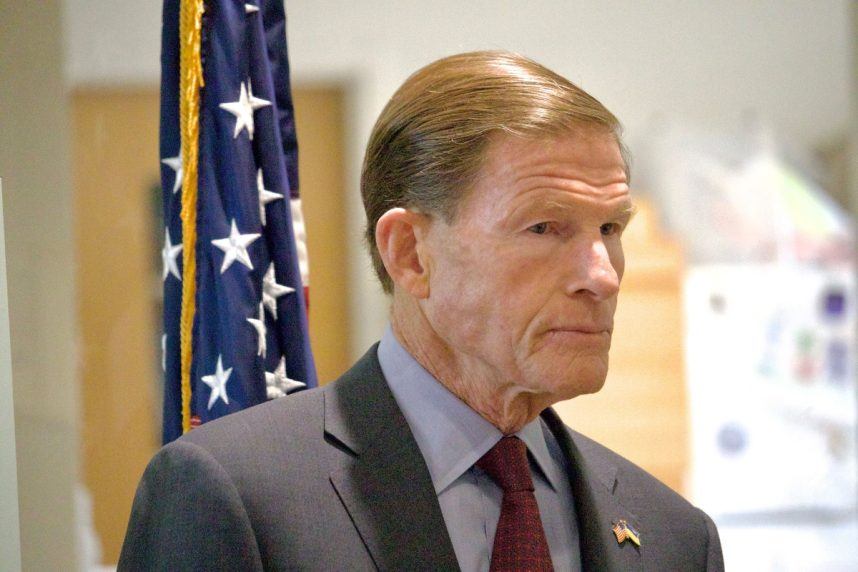Federal Legislation Introduced to Allocate Funding for Gambling Addiction Research

Posted on: January 12, 2024, 09:38h.
Last updated on: January 12, 2024, 09:49h.
Federal legislation has been introduced in Congress to establish funding streams to research and study gambling addiction and provide better resources to inflicted individuals.

Dubbed the Gambling Addiction Recovery, Investment, and Treatment (GRIT) Act, the bill was introduced by Sen. Richard Blumenthal (D-Connecticut) and Rep. Andrea Salinas (D-Oregon). GRIT would allocate half of the federal government’s 0.25% tax levied on legal sports bets to the existing Substance Abuse Prevention and Treatment Block Grant program, and the National Institute of Drug Abuse to fund grants for gambling addiction research.
The growing legalization of sports and online betting, paired with the ability to place bets from your phone whenever you want have created a perfect storm for gambling addiction,” said Blumenthal. “Dedicated federal resources to tackle problem gambling head-on will provide much-needed support, resources, and treatment for those suffering from gambling addiction. As the number of Americans who are suffering from gambling addiction surges, legislation like the GRIT Act is needed now more than ever.”
Blumenthal and Salinas say nearly seven million Americans are suffering from gambling addiction, resulting in an annual social cost of $7 billion. The lawmakers believe most state health agencies and nonprofits are severely underfunded to combat such a health crisis.
“Gambling addictions are hurting countless families, children, and communities in Oregon and across America. Yet unlike alcohol and drug addictions, there are currently no federal funds devoted solely to helping stop problem gambling,” added Salinas.
Excise Tax Enrichment
The federal sports betting excise tax was established by the feds in the early 1950s. It was designed to help prosecute underground bookies who don’t pay the tax, therefore providing the government with an easier path to bringing charges against rogue bookmakers.
Whenever a better places a legal bet — say $100 with DraftKings — the sportsbook must set aside 0.25% of the wager for the US government. On a $100 bet, that amounts to just 25 cents.
With sports betting continuing to expand across the US, the funds continue to enlarge. Sports betting is legal in nearly 40 states.
The feds’ excise tax on sports betting totaled nearly a quarter of a billion dollars in 2022, and around $500 million last year.
The sports betting industry has called on Congress to end the sports betting excise tax, as they say it only makes competing with offshore, illegal sports betting websites more difficult.
“Congress must ensure that tax policy established seven decades ago to curb illegal sports betting does not give illicit operations a leg up today,” a 2022 statement from the American Gaming Association read.
Congress currently does not allocate the sports betting excise tax, but instead, simply pockets the money into the Treasury’s General Fund.
Problem Gaming Experts Celebrate Bill
The National Council on Problem Gambling stated support for the GRIT Act soon after its introduction.
The introduction of the GRIT Act is a testament to our shared commitment to mitigating gambling-related harm and addressing the challenges of gambling addiction. This landmark legislation sets the stage to significantly bolster gambling addiction prevention, research, and treatment resources and make a positive lasting impact on individuals and communities nationwide,” said Keith Whyte, executive director of the NCPG.
“State health agencies and nonprofits should not have to address gambling problems on our own. As the federal government accepts gambling as a source of income, it has a duty of care to its citizens to take measures to minimize gambling-related harm,” added Gina Parziale, executive director of the Oregon Council on Problem Gambling.
Source: casino.org
